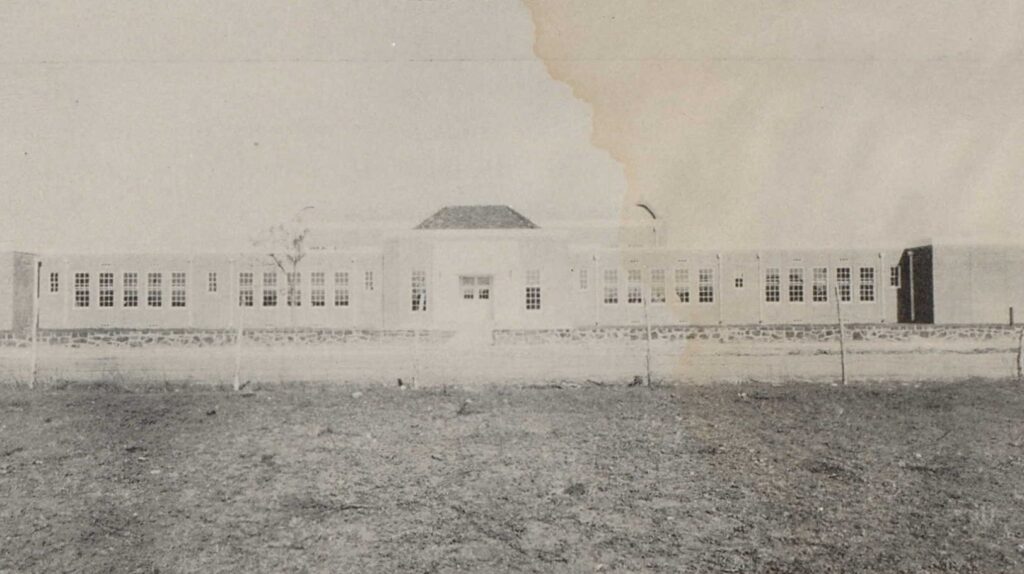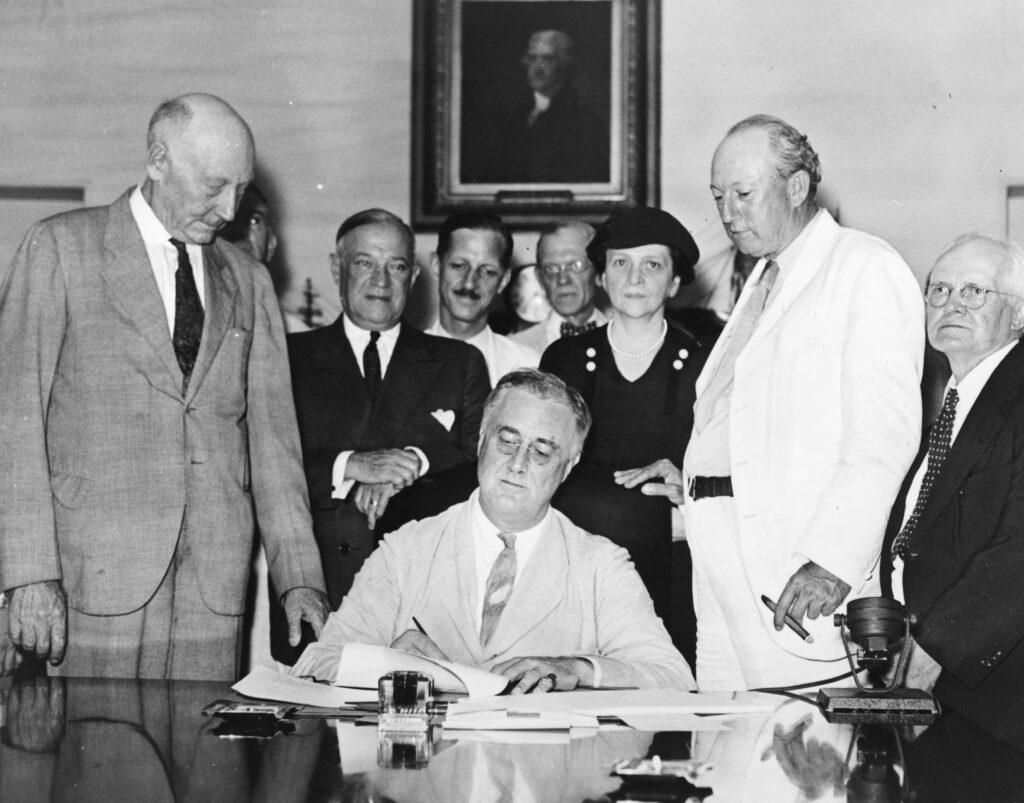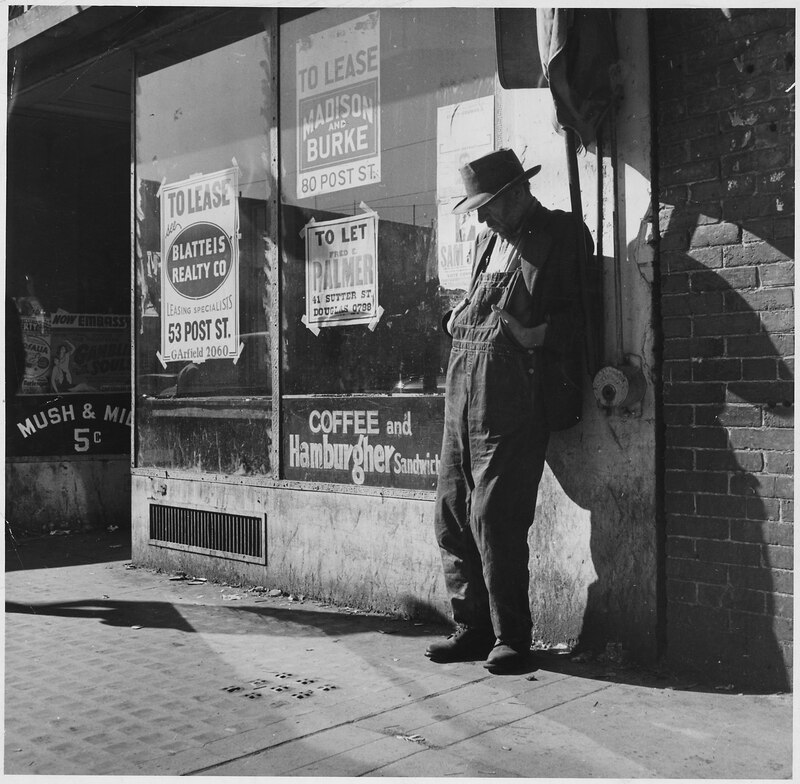A “Shirt factory at Grapevine”: How the WPA Provided Work for Grapevine Women during the Great Depression
Continuing our focus on how Grapevine dealt with the Great Depression, today we look at the Grapevine sewing room and how it developed. Sewing room projects were under the Works Progress Administration (later Work Projects Administration) (WPA), established on November 1, 1935 to provide work to unskilled women and to get them ready for private work, as well as to supply goods to a non-competitive market without purchasing power. Sewing rooms became the backbone of the women’s division of the WPA. On February 12, 1935, Mayor B. R. Wall “Signed [a] contract with Government for Shirt factory at Grapevine.” Later known as the Grapevine Sewing Room, it was located at 413 S. Main in the north half of the old City Hall, and it served as a means of employment for many Grapevine-area women during its existence. The room was prepared for use by local residents E. L. Jordan, who...






Recent Comments